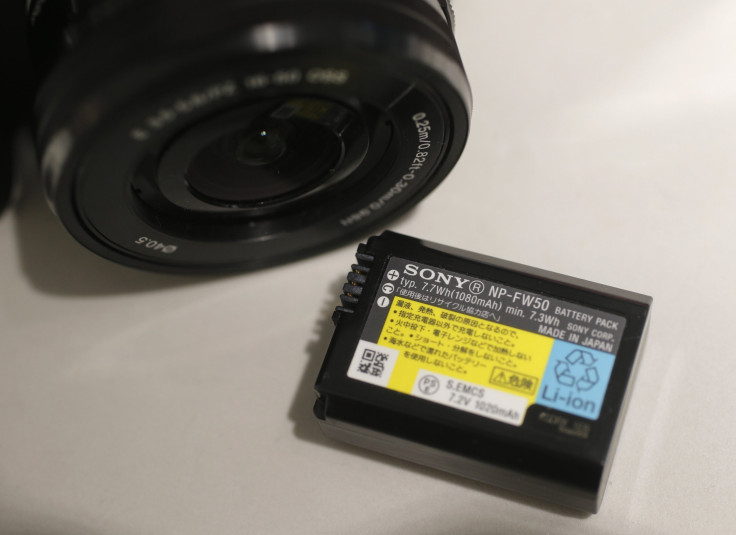Lithium Battery Shipments On Passenger Planes ‘An Unacceptable Risk,’ Say Aircraft Makers

Aircraft makers and pilot unions are calling for a ban on the transport of lithium battery shipments aboard passenger planes following fears of fires that could prove difficult for aircraft fire protection systems to contain. An industry paper obtained by The Associated Press (AP) cited recent tests conducted by the Federal Aviation Administration (FAA) that showed overheating of the batteries could result in explosions.
The International Federation of Air Line Pilots Associations supported the aircraft makers, while the International Coordination Council of Aerospace Industry Associations, which represents aircraft companies such as Boeing and Airbus, also urged authorities to more strongly regulate the packaging and handling of lithium batteries shipped on cargo planes.
The FAA tests revealed that batteries emit explosive gases when overheated, and that aircraft fire protection systems "are unable to suppress or extinguish a fire involving significant quantities of lithium batteries, resulting in reduced time available for safe flight and landing of an aircraft to a diversion airport," according to AP. "Therefore, continuing to allow the carriage of lithium batteries within today's transport category aircraft cargo compartments is an unacceptable risk to the air transport industry."
During the tests, batteries packed in a single shipping container released gases that led to explosions and violent fires, AP reported, citing the paper. The FAA tests showed "the uncontrollability of lithium battery fires can ultimately negate the capability of current aircraft cargo fire suppression systems, and can lead to a catastrophic failure of the airframe," the paper said, according to AP.
The global battery industry is reportedly dominated by lithium batteries as they are cheaper and lighter than other types of batteries. The aircraft makers reportedly stated that the ban should be applied to both lithium-ion and lithium metal batteries on cargo shipments, but not on batteries that passengers carry on board inside their personal electronic devices.
In a statement, George Kerchner, executive director of Portable Rechargeable Battery Association (PRBA), said that makers of lithium-ion batteries, which are rechargeable and used in products such as laptops and mobile phones, are "fully committed to the safe transport of lithium batteries.”
Two U.S. airlines -- Delta and United -- announced in recent weeks that they will no longer accept shipments of lithium-ion batteries, a move that has brought further pressure on international carriers worldwide to refuse such shipments, AP reported. However, U.S. regulators are unable to issue a ban because of a 2012 law enacted by Congress that prohibits the government from issuing regulations regarding battery shipments unless it is proved that the batteries ignited a fire that destroyed an aircraft.
Three planes -- two Boeing 747 freighters and a third freighter -- were destroyed in recent years by fires suspected to have been caused by lithium batteries being transported in the planes, AP reported, but the source of the fires could not be confirmed. The fires reportedly destroyed the three planes, and claimed the lives of pilots aboard the Boeing freighters.
© Copyright IBTimes 2024. All rights reserved.





















